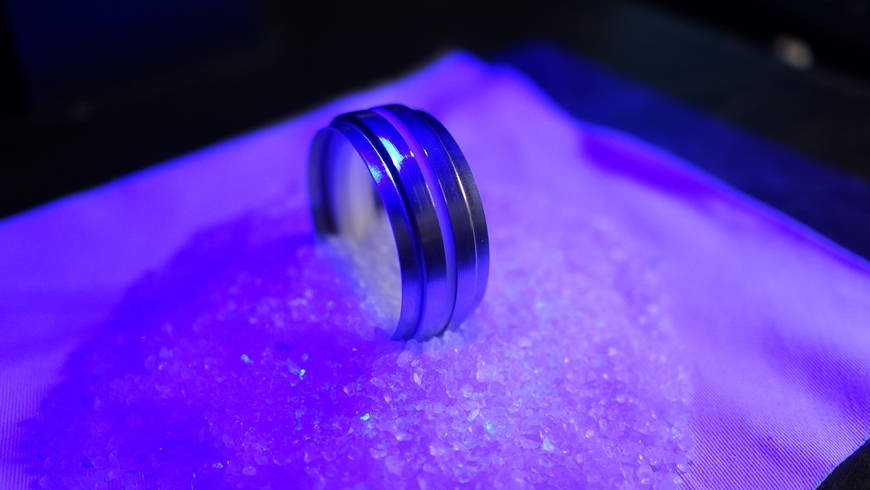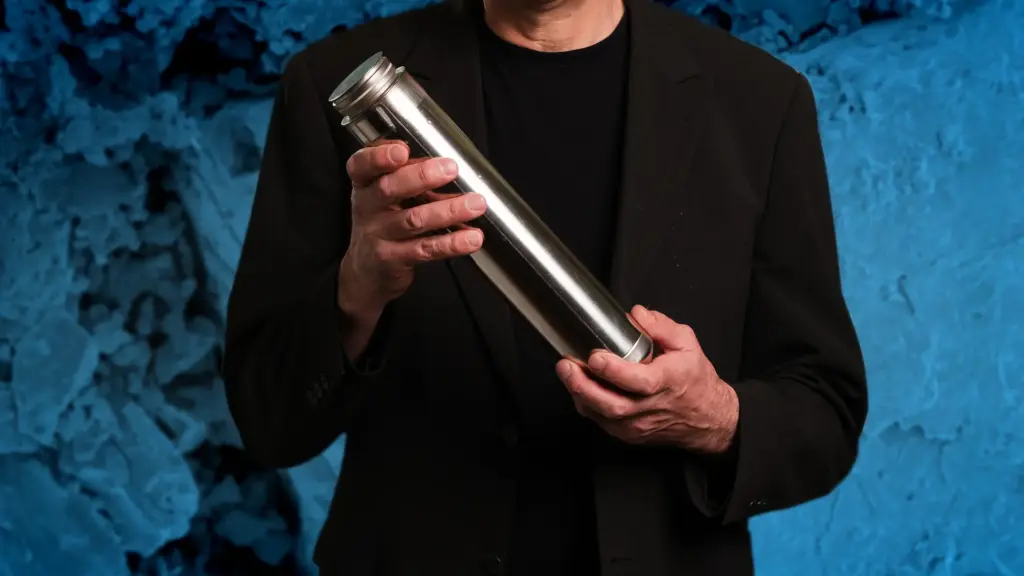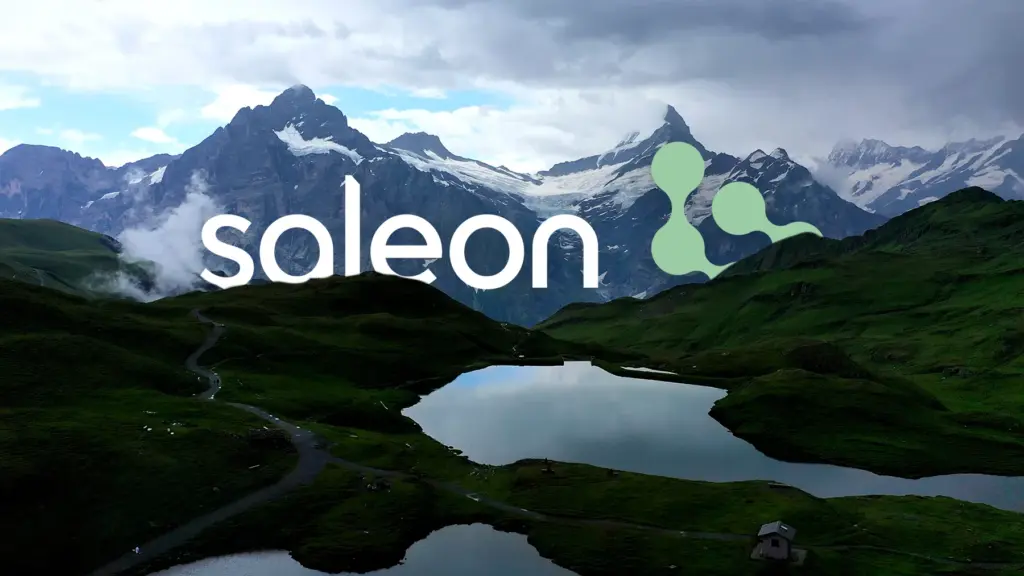Saleon AG is convinced that salt batteries are a key element for a sustainable, safe and independent energy future. For this technology to scale successfully in the market, continuous technical innovations in production are required.
This is why we are participating as an industrial partner in the LISA (Laser Joining of ceramic-metal in salt batteries) research project, together with Empa and the Switzerland Innovation Park Biel/Bienne (SIPBB). The project is funded by Innosuisse, the Swiss Agency for Innovation Promotion.
The challenge: complex connection techniques in cell construction
Our salt batteries are based on the proven ZEBRA technology and use a ceramic separator made of sodium-conducting beta aluminium oxide. Metallic housings ensure a safe and conductive environment. However, the connection between ceramic and metal is technically demanding and was previously achieved using energy-intensive processes such as soldering or thermal pressing. These processes are time-consuming and cost-intensive.
The approach: laser bonding of ceramics and metal
In the LISA project, we are working with our partners to develop an innovative laser joining process that makes the joining of ceramics and metal more efficient. The technology enables shorter process times, greater precision and lower energy consumption. At the same time, it improves the scalability of production and helps to significantly reduce manufacturing costs. New materials and intermediate layers that are particularly suitable for laser welding are also being researched as part of the project.
Sustainability and safety: advantages of salt battery technology
Salt batteries are characterised by high efficiency and longevity, which reduces the energy and capital costs for energy storage. At the end of their life cycle, they can be recycled using established processes in the stainless steel industry, which emphasises their sustainability. They are also non-flammable and do not explode, ensuring a high level of safety in operation.
Our goal: competitive production for the energy storage market
The further development of efficient and scalable production processes is an important step towards positioning our salt battery technology as a competitive solution in the growing market for stationary energy storage in the long term – in Switzerland, Europe and beyond.
More about the project: To the project page of Empa – LISA battery research




